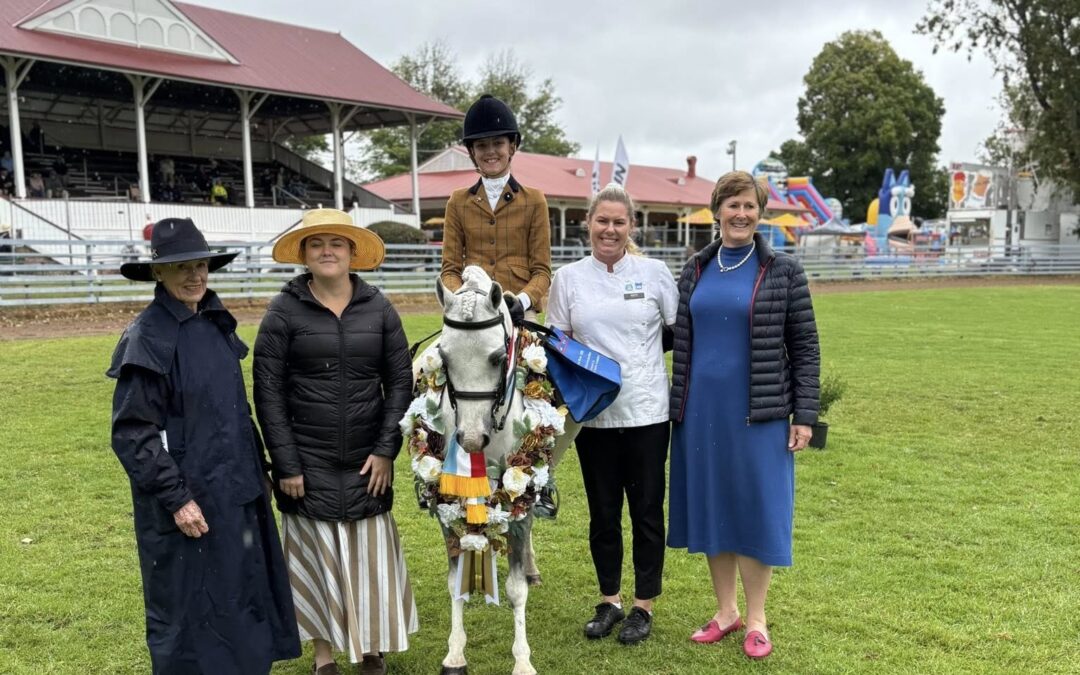Have you ever wondered what would happen if you or an older family member lost capacity without having made an Enduring Power of Attorney and Enduring Guardianship appointment?
Before we answer this question for you, the difference between these two appointments can be explained in simple terms as follows:
- a Guardian decides any medical, health and lifestyle decisions on your behalf, such as where you live and what medical treatment you have; and
- an Attorney makes legal and financial decisions in the event you’re unable to do so, such as paying your bills and operating bank accounts.
Loss of capacity may be temporary or permanent, and may happen at any time due to illness, injury or disability. Importantly, once a person loses capacity they can no longer appoint a Guardian or Attorney to make decisions for them.
Now to answer the opening question, if you lost capacity without having made an Enduring Power of Attorney and Enduring Guardianship appointment, then someone will need to apply to the NSW Civil and Administrative Tribunal (NCAT) Guardianship Division and seek a guardianship order and/or a financial management order for control of your affairs. There are similar tribunals and/or courts in each state and territory to deal with these types of applications.
In the year ended 30 June 2022, there were 14,876 applications to NCAT Guardianship Division in NSW. On average that approximated 286 applications each week. Of these applications, 76% were in respect of people aged 45 and over, with 42% being for persons aged 75 and over. Further, 42% of applications were in relation to the person having dementia.
The total number of applications has increased 4.1% on the prior year and 15.8% on the prior two years. The primary driver of growth in NCAT Guardianship Division applications continues to be Australia’s ageing population and the consequent increase in the number of people living with dementia.
In the year ended 30 June 2022, 49.7% of guardianship orders and 49% of financial management orders appointed the NSW Trustee and Guardian to make decisions for the person. In approximately half of all applications, decisions were removed from family members.
Guardianship orders are time limited and are usually made for a period of 12 months or less. NCAT will hold another hearing to review the order before the initial term expires. Financial management orders are not time limited but must be reviewed if ordered by the Tribunal or on application by anyone who has a genuine concern for the welfare of the person.
When someone loses capacity, having to make an application to NCAT seeking orders to manage their affairs and to make important decisions on their behalf is likely to make a difficult time for the family even more stressful and problematic.
Additional complications will arise if the person who has lost capacity holds a key decision-making role in an entity within their business or investment structure, such as a partnership, company, trust or self-managed superannuation fund. In these situations, the activities of these entities may simply grind to a halt.
Our Tax + Legal team at Roberts + Morrow are experienced in preparing Enduring Power of Attorney and Enduring Guardianship appointments. Even if you have made appointments previously, it is wise to review them from time to time to make sure that what you did in the past is enduring (will continue if you lose capacity) and reflects your current wishes.
We can provide you with the peace of mind that you have these issues covered, avoiding the need for your family members to seek orders from NCAT if a loss of capacity happens.
If you would like to Know More about making or reviewing enduring appointments of Guardians or Attorneys, please get in touch with our Tax + Legal team on 02 6774 8400 or admin@rmls.net.au.



